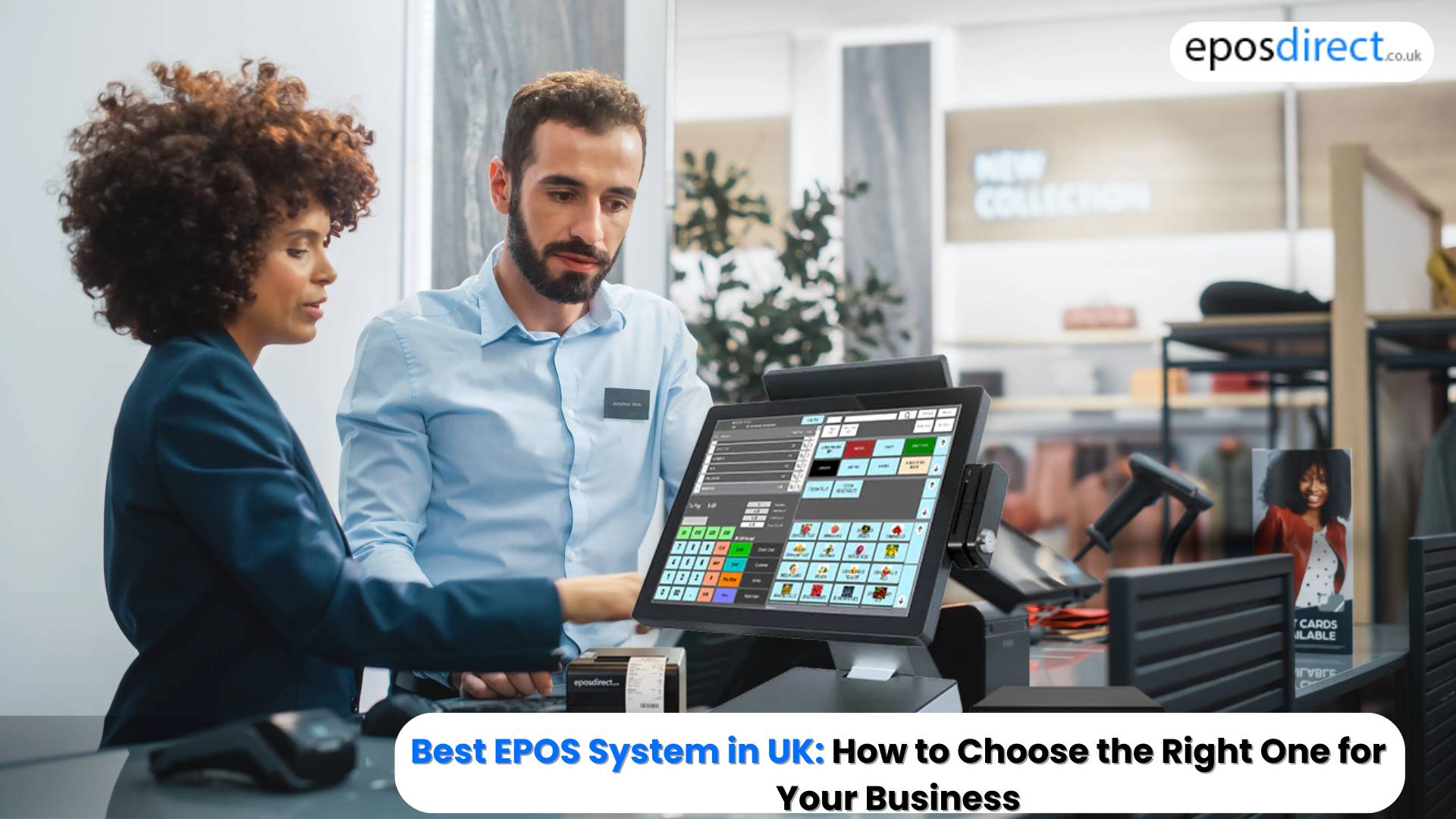We use cookies to make your experience better.
To comply with the new e-Privacy directive, you agree to the privacy policy and our use of cookies
3 Essential Back-Office Elements in Hospitality
It is certainly crucial innovating customer facing functions but more important to innovate the back office of the organization. You have employees who oversee daily maintenance, inventory and operational accounting.
In case of hospitality employees they’re the reason behind providing an amazing reservation experience to a customer or to provide a favorite dish in very little time. Back office is the collective force behind every front office experience and thereby differentiating the organization. It is the engine that fuels every small and meaningful moment that makes up the contextual, end-to-end customer experience.
Back office plays a vital role in today’s smart and connected world. The important thing is how much progress is being made in this area? We already have seen digitalization in hospitality and many of the innovations seem to be around the front end. There are many new technologies to guests like intelligent booking engines and intuitive mobile apps. Meanwhile back office continues to rely on soloed, hierarchal architecture filled with challenges in many cases.
Only 5% of organizations feel that they have mastered digitalization to a point of competitive differentiation. The front and back offices have to move in same pace of innovation for hospitality sector to enjoy the advantages of true digital transformation. There are three essential elements in achieving back office digitalization every hospitality needs.
Property Management:
In hospitality 60% of managers believe “the inability of staff to effectively communicate” severely diminishing the guest experience. It is also necessary to have Property management system (PMS) integration. Back office employees also need to effortlessly work behind the scenes to drive innovative new business outcomes.
Property management technology is a list of functions. It has the ability to share data across the organization dynamically and to optimize real time decision making, maximize revenue generation and re imagine the CX. The main focus is to make data easily accessible and sharable through open communication.
Operational Accounting:
Operational accounting needs to go beyond standard integration and support unmatched level of communications analytics. It enables hospitality managers to learn continuously and adjust processes as needed to update workflows constantly. This next gen solution lets managers strategically leverage reports on everything from daily operational activity to vendor management so they can make real time decisions. It helps in improving spending, ROI and TCO.
All the data that flows through different platforms, managers can easily identify financial patterns and develop predictive insights. It can streamline core accounting processes like accounts receivable and payable. Ensuring point-to-point, built in security that is inherent in systems designed to support this kind of analytics eco system is the key.
Compliance:
There are certain rules that hospitality organizations must follow such as complying is a complex, time-consuming and costly activity for most. As the regulatory landscape continually evolves, more organizations increasingly digitizing risk and compliance to ease regulatory burdens and create competitive advantages. With automated workflow management and advanced data analytics hospitality can drive down costs and identify links between risk and business performance.
Overall, “the need to optimize hotel daily workflows” is one of the highest-impact market drivers in the hospitality industry today. Critical workflows involve the back-office as organizations blur and speed of change continues to accelerate. Back office will grow as a foundation for the next gen customer experience.







